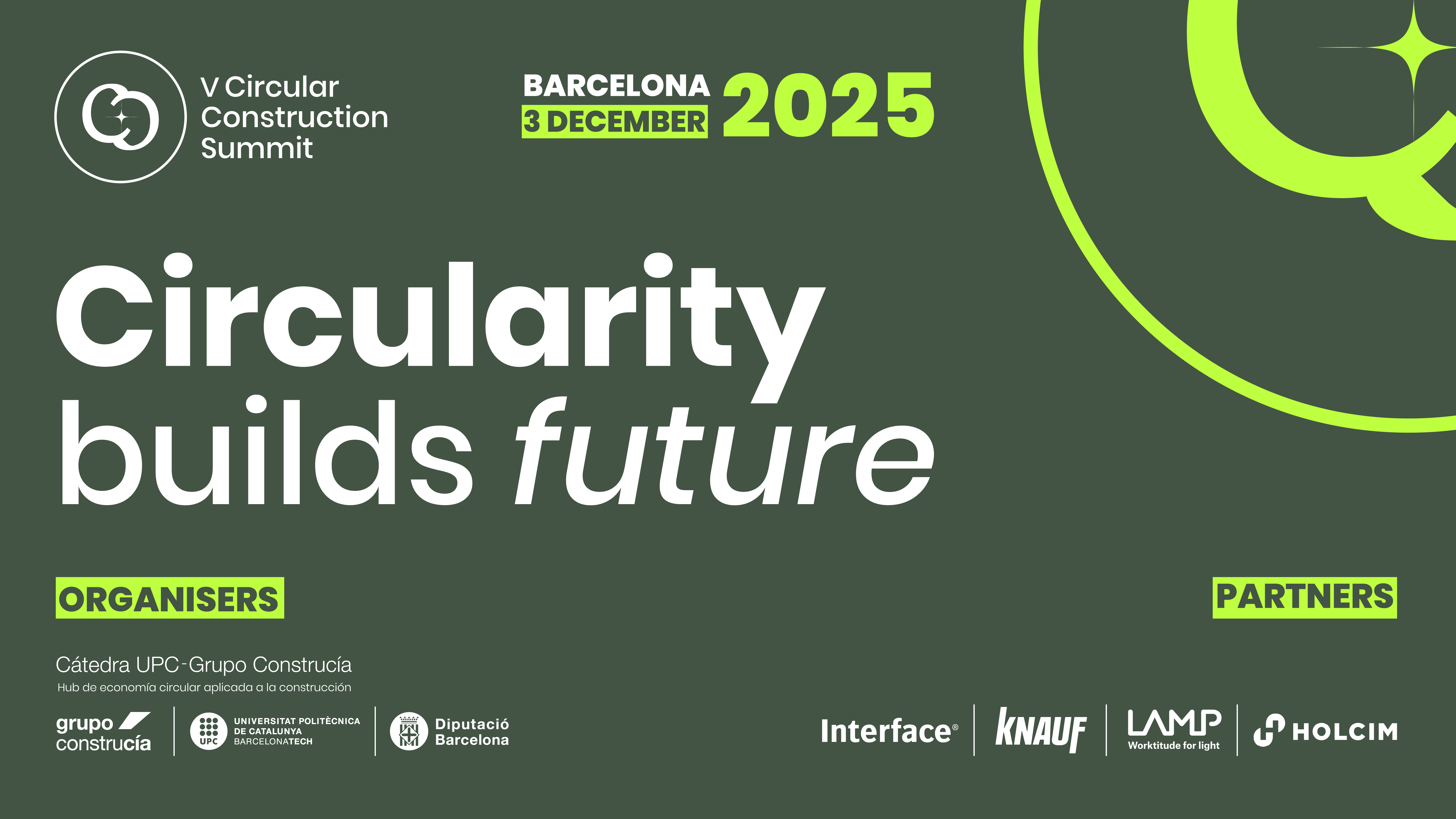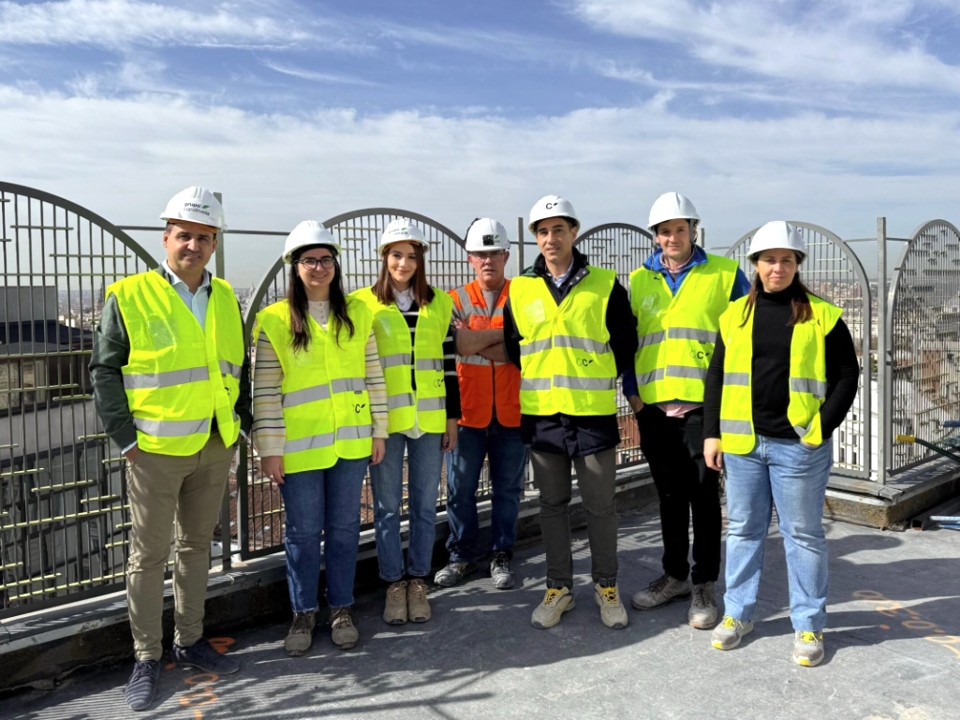Pioneros en
construcción circular
+ Valor en tus proyectos
Avanza hacia una construcción más eficiente, circular y digital.
Eficientes
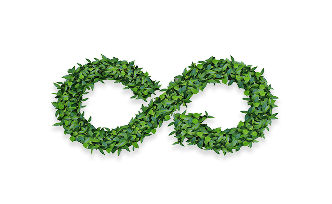
- Lean Construction.
- Integración entre equipos de construcción, instalaciones y consultoría.
- Oficina Técnica transversal y equipos expertos según la tipología del proyecto.
- Digitalización.
Circulares

Circularidad desde el inicio:
- Metodología Lean2Cradle®: diseñamos y medimos el impacto de las obras.
- Selección de materiales saludables, reutilizables y recuperables.
- Visión de los edificios como bancos de materiales.
Digitales
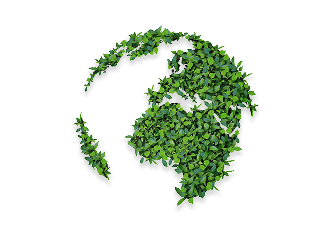
Digitalización aplicada al impacto real:
- Gestión digital integrada desde la fase de estudio hasta la ejecución.
- Datos de residuos y huella de carbono validados por terceros
- Plataforma Circular propia con materiales caracterizados y trazables.
V Foro de Construcción Circular
Centrado en experiencias reales. Motivando a la acción.
Qué hacemos
- 01 Hoteles
- 02 Living
- 03 Sedes corporativas
- 04 Propiedades
- 05 Retail
- 06 Centros comerciales
- 07 Industrial
- 08 Educación y Deporte
Proyectos
MAD4 - Interxion
Construcción del centro de datos MAD4 para Interxion, el mayor de Madrid. 12 customer rooms con un espacio blanco total de 8.000 m². 3 plantas sobre rasante de 6.000 m² más una de instalaciones en cubierta añadida + 5.500 m² subterráneo. Capacidad para 34 MW (potencia totalmente equipada). Estructura prefabricada de hormigón.

La vida es chula
Proyecto Open Book. Ejecución de nave logística para una farmacéutica. Proyecto de nave de almacenamiento distribuida en sótano, planta baja y dos entreplantas que contará con un edificio anexo situado en el frente de la parcela, en la que se distribuirán las zonas de servicios. Aplicación de la metodología Lean2Cradle® (Lean Construction + Cradle to Cradle CertifiedTM). Obra nueva con estructura prefabricada 100%.

EY
Implantación de la nueva sede de EY en Barcelona, con el objetivo de reunir a los más de 1000 empleados de EY en las mismas oficinas. Un total de 8 plantas ejecutadas en tiempo récord, donde la búsqueda del bienestar y el confort de los usuarios era una de las máximas del proyecto. El proyecto ha contemplado la creación de zonas polivalentes abiertas, salas de reunión, despachos y coffee points, buscando la máxima flexibilidad, permitiendo su evolución y adaptación a las necesidades que puedan ir surgiendo con el paso del tiempo. Aplicación de la metodología Lean Construction.

Wallbox
Implantación de las oficinas de Wallbox, proveedor de soluciones de carga de vehículos eléctricos, y nave de producción. Reforma de un edificio de estilo industrial para albergar la sede corporativa de la compañía y todo su negocio en un mismo espacio. Instalaciones punteras en innovación, eficiencia y sostenibilidad. En la apuesta de ambas compañías por la economía circular, se ha implementado la metodología Lean2Cradle en la ejecución del proyecto: -Aplicación de Lean Construction con pull session y planificación semanal de los trabajos. -Instalación de materiales Cradle to Cradle o validados, lo que garantiza su salubridad y ciclabilidad. (Mamparas de Sitab, paredes vegetales de Verdtical, maderas y tableros de Finsa y Honext, placas de yeso de Knauf o mobiliario de Dynamobel, entre otros)

Primark Obras Nuevas
Nueva implantación de: Primark Alcalá Magna (Alcalá de Henares, Madrid) y Primark Parquesur (Leganés, Madrid). Alcance: Trabajos de fit-out: solados, tabiquería, revestimientos, instalaciones eléctricas y mecánicas, shopfitting, señalética y mobiliario según los estándares de la marca. Distribución en dos plantas, incluyendo: Cajas de cobro (16 en un proyecto, 40 en otro), con varias de autocobro. Probadores (12 en un proyecto, 29 en otro). Áreas de almacén, recepción de mercancías y cuarto de limpieza. Zonas para el personal: oficinas, cantina, taquillas y áreas de descanso. Reubicación y adecuación del local dentro del centro comercial para una mejor ubicación, en el caso de Alcalá Magna. Instalaciones técnicas: Aire acondicionado y ventilación mecánica. Baja tensión y alumbrado LED. Seguridad (CTV), voz/datos y protección contra incendios. Fontanería y saneamiento. Metodología Lean, optimizando tiempos de ejecución y entregas “just in time”.

Primark Refit
Refit de:
Grupo Construcía ha llevado a cabo la adecuación de varios de los establecimientos: Primark Ballonti, Primark Marineda, Primark Xanadú, Primark Las Arenas, Primark Parque Principado, Primark Sintra, Primark Orihuela y Primark Bonaire, Primark Marbella.Alcance:
Reforma de instalaciones eléctricas, detección de incendios, IT, megafonía, seguridad e iluminación LED afectados por la reforma de local existente, dotando de una imagen más dinámica y moderna tanto la tienda como las oficinas del personal, incluyendo el nuevo concepto de probadores, nueva zona de cajas de autocobro.Metodología utilizada:
Metodología Lean Construction aplicada al refit retail, con una planificación exhaustiva previa orientada a minimizar interferencias, optimizar plazos y reducir riesgos operativos.
Clientes

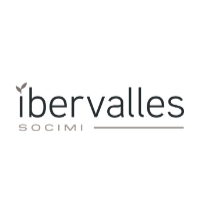
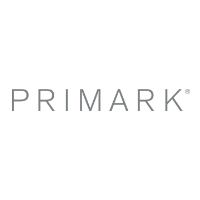

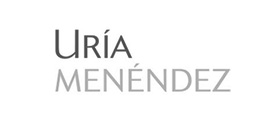


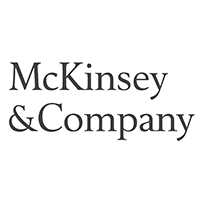
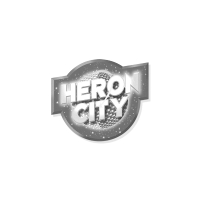
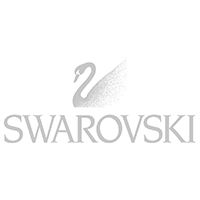


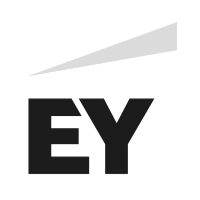
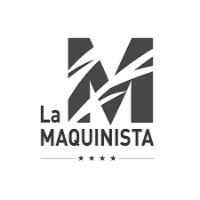
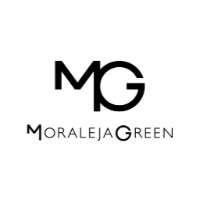
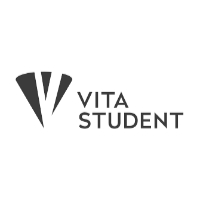
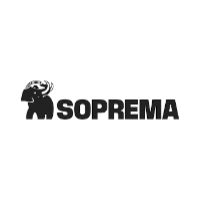
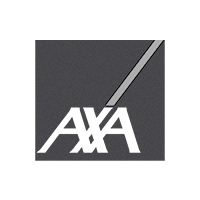
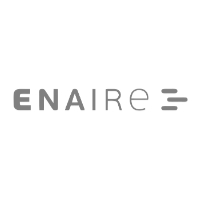

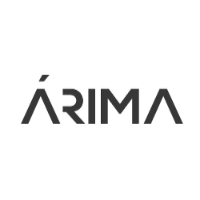
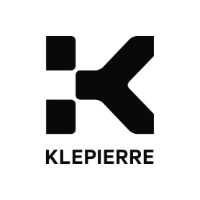

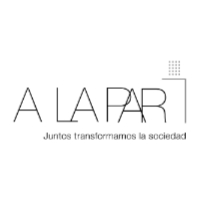
Noticias
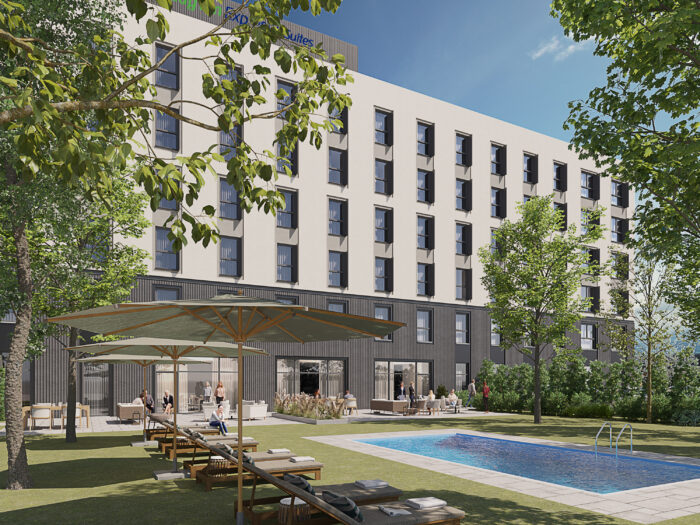
Grupo Construcía completa la estructura del Holiday Inn Sabadell promovido por Europa-Center Iberia
Construcía
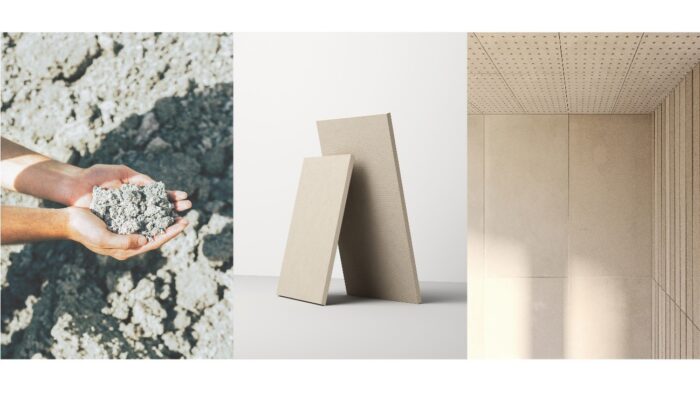
El CDTI invierte junto con Grupo Construcía, Meroil, Nolabey Grup y Evolvia en una empresa referente en revalorización de residuos de celulosa, Honext Materials, S.L.
Economía Circular
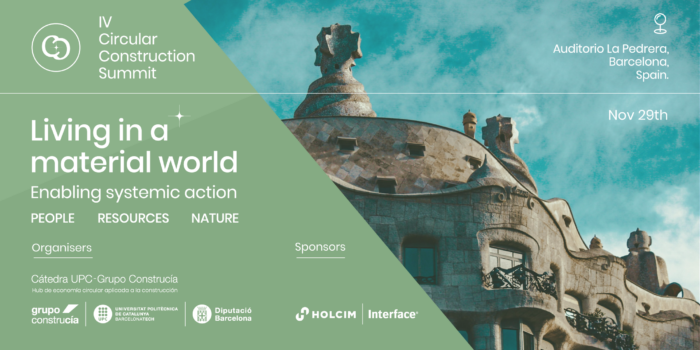
El IV Foro de Construcción Circular se celebrará en Barcelona para abordar los desafíos del entorno construido a nivel internacional
Economía Circular
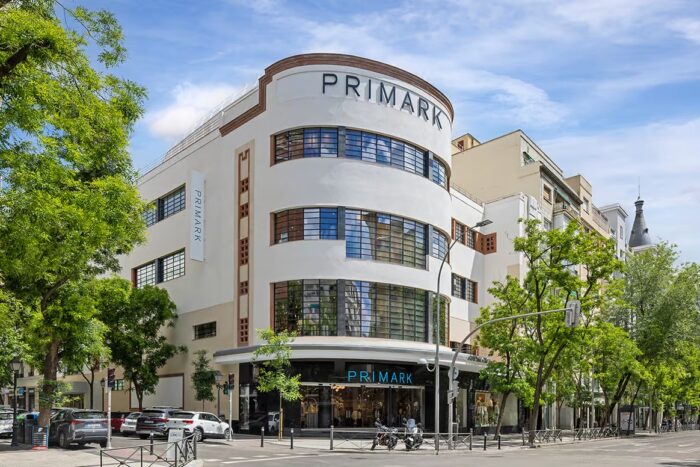
Primark confía en Grupo Construcía para su más reciente apertura en el barrio Goya de Madrid
Retail
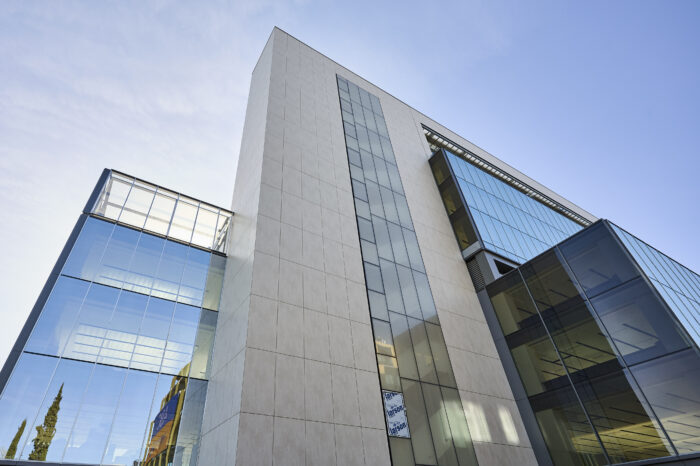
Políticas de suficiencia: rehabilitar antes que construir
Construcción Circular

Grupo Construcía y Hilti unen fuerzas para avanzar en la construcción sostenible
Colaboración
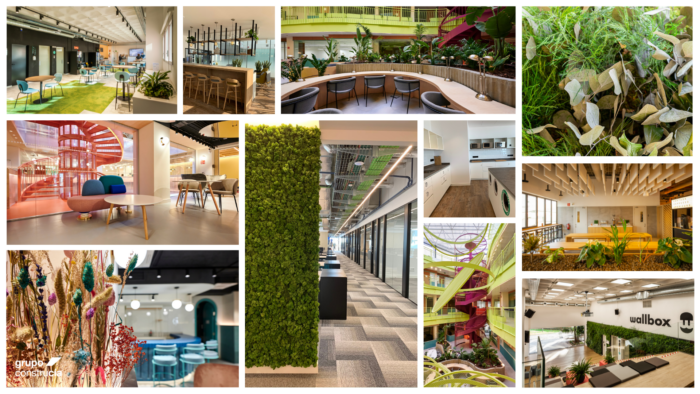
Transforma tu espacio de trabajo en un entorno saludable y sostenible
Oficinas

5 claves para alinear la construcción con la Taxonomía Europea
Economía Circular

Los grandes hitos del 2023 en la evolución hacia una construcción positiva para el futuro
Economía Circular
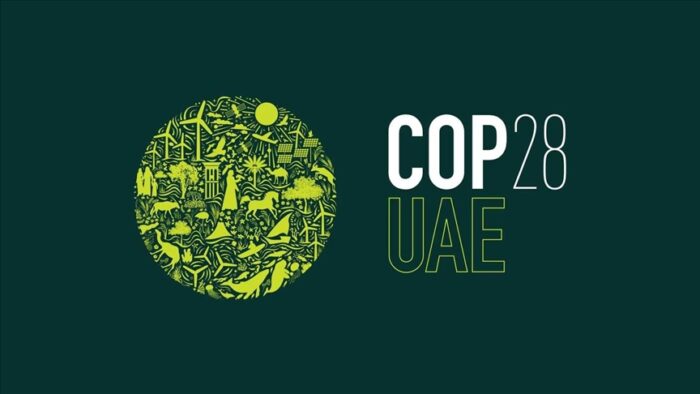
COP28: entre el avance histórico y las lagunas críticas
Sin categorizar
En nuestras palabras
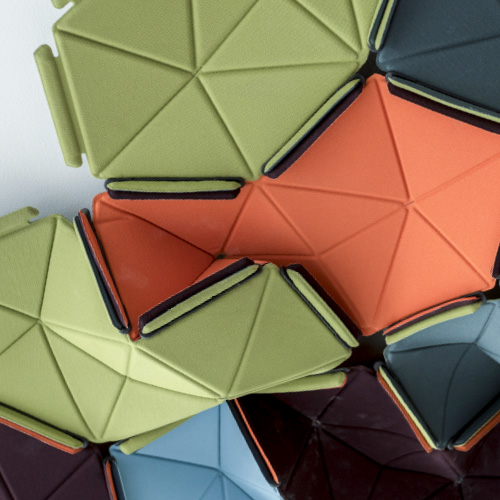
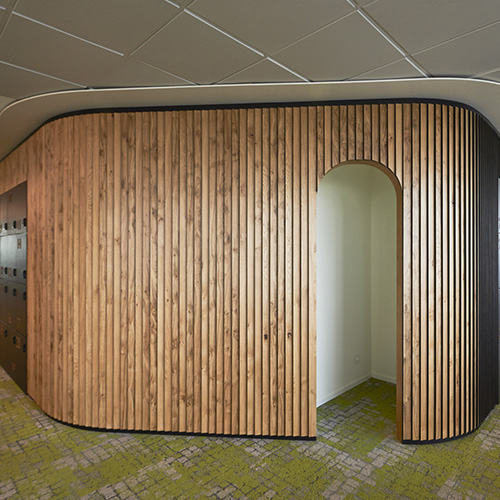
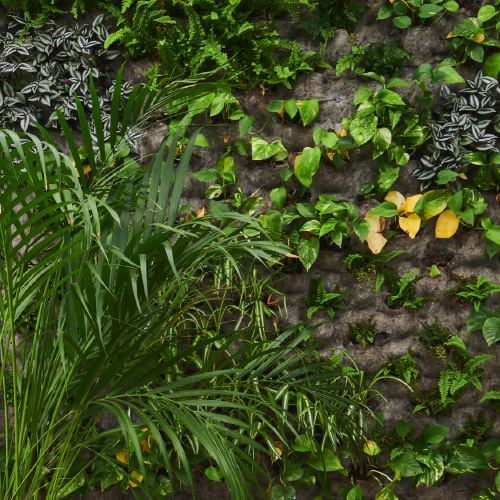
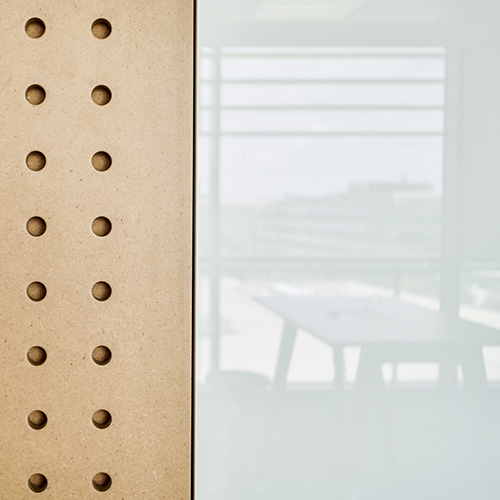
¿Quieres saber más?

Suscríbete a nuestra newsletter para saber más sobre nosotros








